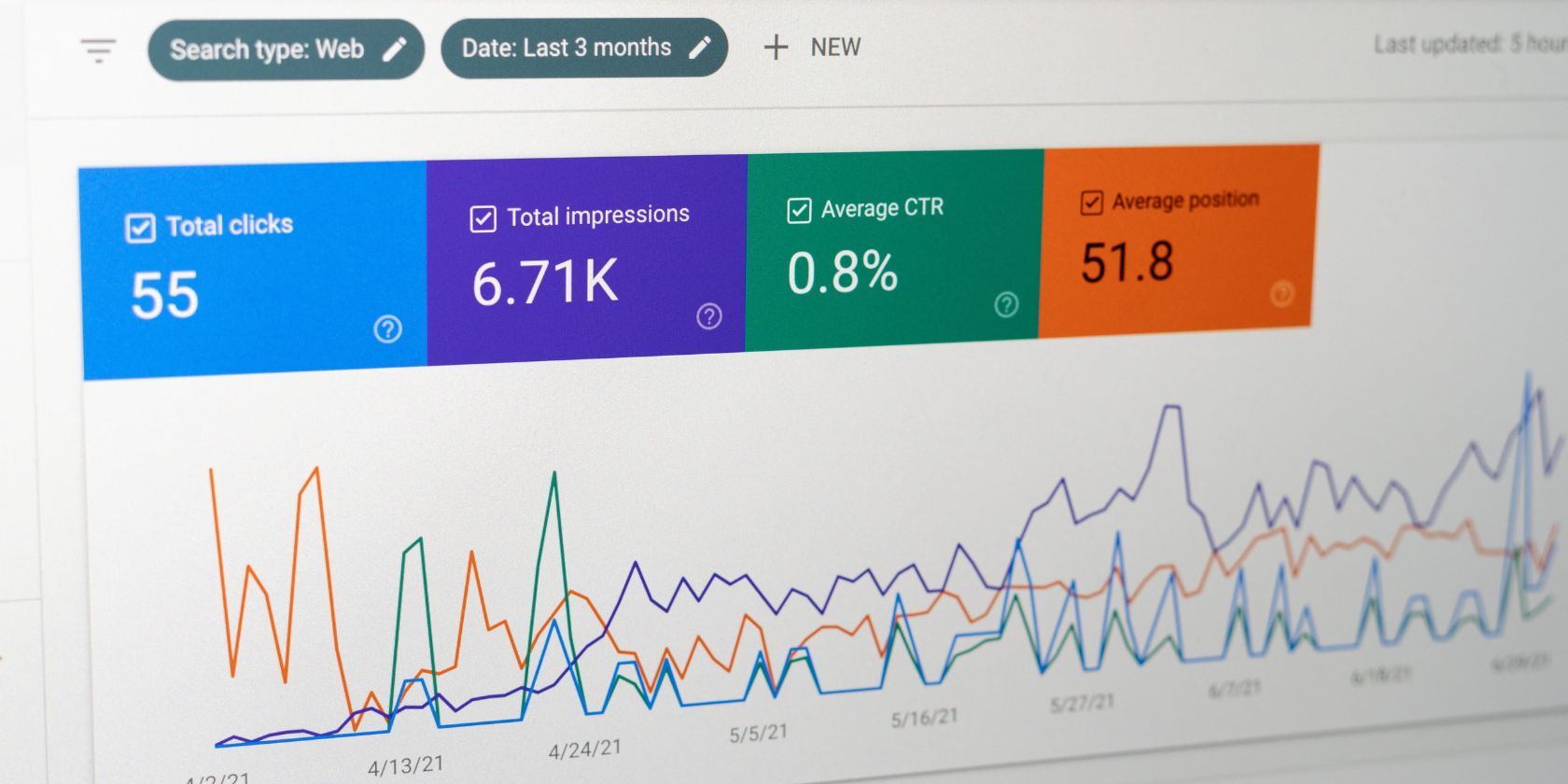Data is extremely valuable, and harnessing it is easily one of the best practices for most organizations today. But knowing industry standards regarding this is necessary for data scientists not to err with data as people learn more about its value.
As such, data scientists must embrace safe and ethical practices and adopt standardized ones. Instead of considering how valuable the data is only, it is wise to question the methods of obtaining and processing data for any purpose. Thus, here are nine codes of conduct every data scientist should follow.
1. Observe Regulations
Data scientists must know the data protection regulations that apply to certain jobs. Otherwise, you may unknowingly break the law and put yourself and others at risk. So, this knowledge is crucial to ensure ethical work and prevent unintended harm.
As such, check the relevant laws before engaging in any activities. Furthermore, don't just observe regulations to follow the rules; also seek a deeper understanding of them. To properly observe regulations, you must know why they were placed and what they protect against.
A few noteworthy privacy laws are The EU's General Data Protection Regulation (GDPR) and the California Consumer Privacy Act (CCPA). Others include HIIPA, DPA, PIPEDA, LGPD, and many industry-specific regulations.
2. Respect Privacy
Addresses, emails, and IDs are identifiers that should not be public as they pose real risks to the people. Hence, ensure you make these details as private as possible.
If exposed, victims could suffer from identity theft or fraud. They could also be blackmailed by people threatening to release their confidential information. Furthermore, professionals may suffer reputational damage and online harassment once their personal preferences are made public. These can affect their relationships, career opportunities, and social standing.
So with that in mind, research and select effective ways to better secure online identities and de-identify data. For example, you could replace characters, remove direct identifiers, or generalize. Doing these protects sensitive data from cybercriminals while helping organizations with your findings.
3. Eliminate Bias
Data scientists rely on statistics to be as objective as possible. Yet, despite these efforts, the bias persists because the notion that larger data is more accurate is one of the most common data science myths.
There lies some truth to this, but unfortunately, large data sometimes contains unnecessary or bogus elements and statistics. So, rather than focusing on the numbers alone, ensure your data is clean and representative.
Cleaning or filtering data before use are excellent methods of combating bias. For example, you can check for errors or use stratified sampling to ensure representative data.
4. Don’t Fabricate or Invent Results
Fabrication is a form of data misconduct and research fraud that involves making up findings and reporting them as true.
For example, a data scientist may report that a drug has been found to have no side effects for most members of a certain age group. These findings would be fabricated if there were no initial medical experiments and collected data to back them up.
Fabrication has serious and negative consequences for data scientists and those relying on their work. It could destroy your credibility, stain your organization’s reputation, harm the public, or expose you to legal risks.
5. Don’t Falsify or Manipulate Evidence
Falsification is the manipulation of reality, collected data to suit an agenda. While fabricators make up results from nonexistent data to support their claims, falsifiers work to disprove real and existing data for personal reasons. To achieve this, they may tamper with research equipment, change, or omit data entirely.
Falsification can harm the public by providing false information affecting decision-making in various sectors. For example, a falsified drug study could expose people to needless risks, ineffective treatments, or harmful side effects. It may also cause the loss of money, time, or materials that could have been used for other purposes.
Fabrication and falsification are unscrupulous practices with adverse effects and numerous sanctions. These may include fines, credentials revocation, research funding loss, or incarceration.
6. Show Transparency
Transparency for data scientists means being honest about the methods applied to collect, analyze, and present data. Data scientists should be open and ready to share their practices with other data scientists and study participants.
Moreover, you must obtain the consent of the study participants because publishing results without informed consent can disrespect or harm the participants in various ways. They may violate their dignity, privacy, and autonomy or expose them to harmful, unnecessary risks resulting from the study.
Transparency builds trust with those who rely on your data for insight. It also ensures data quality by allowing others to review your results.
Additionally, openness among data scientists promotes collaboration and learning. You can help to foster innovation by sharing your process and communicating the best data visualization methods and data science techniques to peers while learning from them.
7. Collect Data Securely
Data scientists must confirm the safety of the methods used to collect, analyze, and store data. Doing this prevents potential data breaches that can affect the data scientists and study participants.
Data breaches jeopardize personal safety, undermine public trust, and expose organizational incompetence resulting in staggering financial losses for the company. These losses could be lawsuits from the data breach victims, fewer clients, and more.
In light of this, you must conduct research to find the most effective data security solutions and apply them. For example, you could secure connections with TLS/SSL encryption or use rotating proxies. Also, you could enforce access control measures and create backups in case of an attack. When you find solutions, don’t forget to share them with others to ensure maximum security.
8. Use Algorithms Responsibly
Algorithms are not just tools for data analysis. They are powerful influences on people’s lives, behaviors, and opportunities. However, although they help solve problems and make innovative predictions, they are also imperfect.
If not carefully designed, tested, or deployed, algorithms have social and ethical impacts that may harm certain groups of people. They also introduce bias if trained on data that reflects existing prejudices and can be unpredictable. Thus, data scientists must design and use them responsibly.
Always choose appropriate algorithms, test their performance, and explain how they work. Also, ensure you identify potential sources of bias and implement mechanisms that update or correct where necessary.
9. Consider the Long-Term Implications of Your Work
Your work as a data scientist will significantly impact many aspects of society. So, always consider how your models affect people.
For instance, endeavor to question if your work can perpetuate prejudice and inequality or jeopardize privacy in the future. Next, adequately address these concerns.
Note that a future-oriented outlook is more important than any corrective method, and thinking about the days ahead is one of the most effective ways to make ethically sound decisions.
You Must be Ethical as a Data Scientist
As a data scientist, you receive a power that comes with proportional responsibility. Your skills are rare, so you sit at the forefront of organizational decision-making.
Your decisions affect everything from company business plans to criminal justice systems. So, you shouldn’t make them lightly. Always be honest, ethical, and meticulous in your work to protect people from existing ethical dilemmas across your industry and other tech fields.










